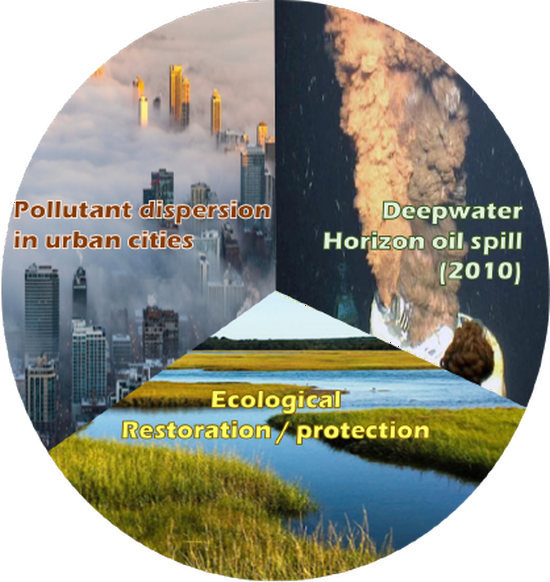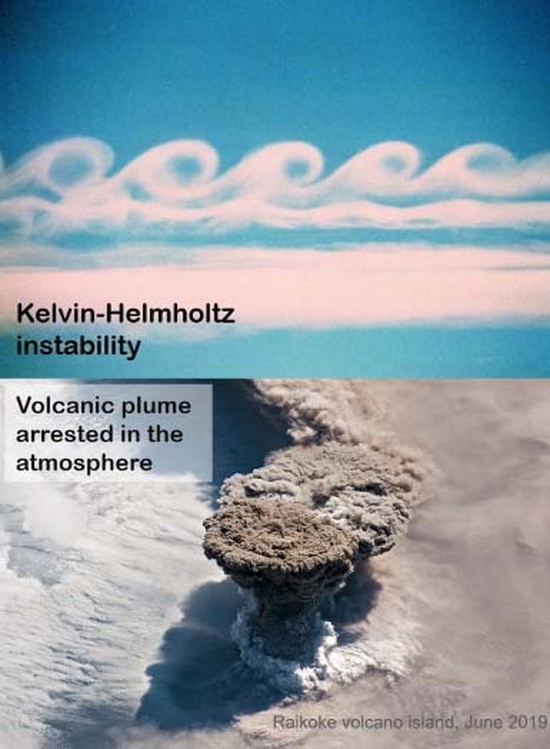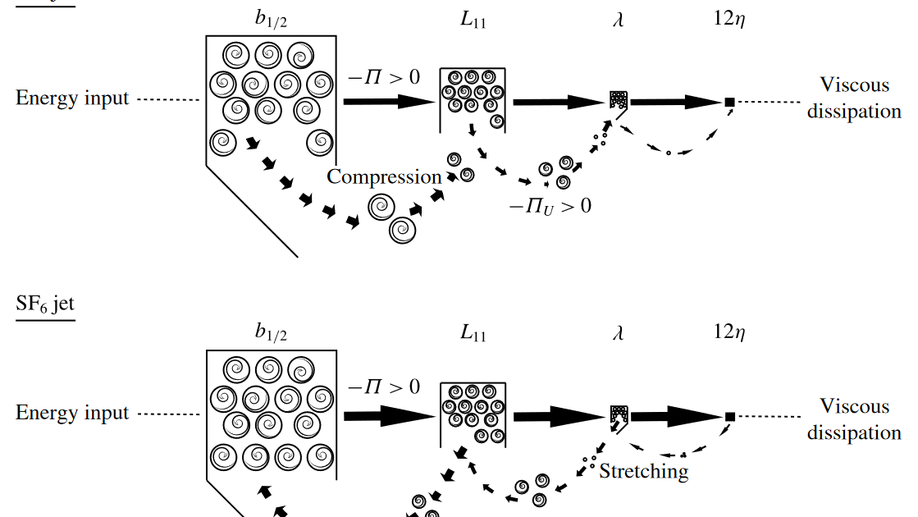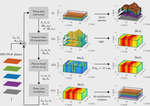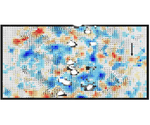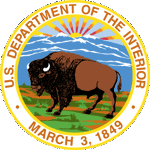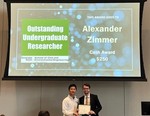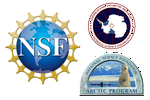Principal Investigator
Chris CK Lai
Assistant Professor
Experimental Fluid Mechanics, Turbulent Mixing and Transport, Turbulence Theory and Modeling
PhD Students
Muhammad Ahmad Mustafa
PhD Student (Fall ‘20 - Present); MSc Student, Fulbright Scholar (Spring ‘20)
Zachary Byrd
PhD Student (Fall ‘21 - Present); Undergrad Researcher (Spring ‘20)
Experimental Fluid Mechanics, Environmental Fluid Mechanics, Teaching/Professorship
